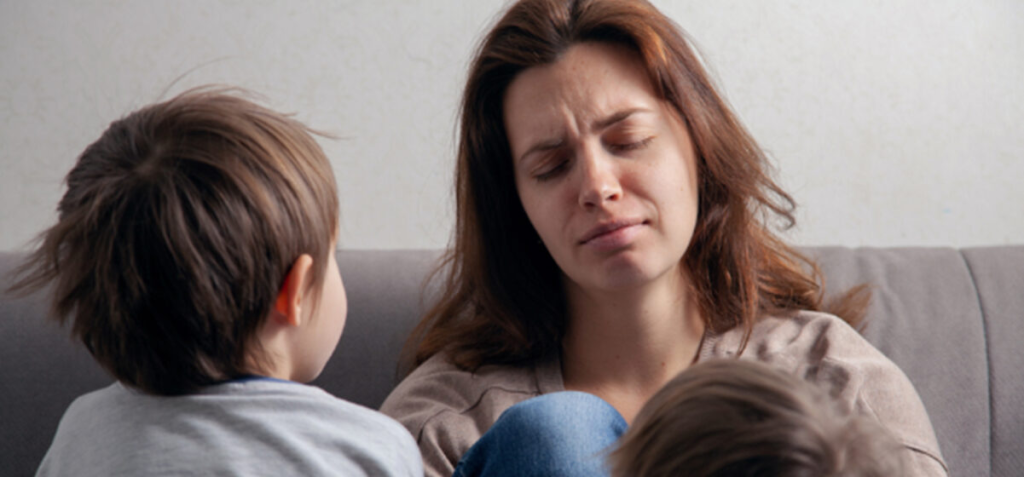
Being a parent to a cocky, disrespectful teenager is far from easy, and different parents have different approaches to getting their children to behave.
One mom, Heidi Johnson, wrote a handwritten letter to her son, Aaron, and shared it on Facebook. She didn’t intend for the post to go viral. She didn’t even intend to make the post public. It was supposed to just be for friends to see, but she does not regret her post or the fact that it’s public.
In the letter to her 13-year-old son, Johnson reprimanded her son treating her like a “roommate.” She went on to give him an itemized bill for rent, food, etc that totaled over $700. If he was going to treat her like a roommate instead of his mom, she would do the same.

Johnson signed the note, “Love Mom,” and she truly does love her son. She followed up the post with another post explaining some backstory to the situation.
She also reassured parents who were criticizing her that “I am not going to put my 13 year old on the street if he can’t pay his half of the rent. I am not wanting him to pay anything.
I want him to take pride in his home, his space, and appreciate the gifts and blessings we have.”
She added that she never intended for Aaron to pay the bill. Instead, she wanted him to “gain an appreciation of what things cost.”
The reason Johnson wrote the note was to make sure her son understood “what life would look like if I was not his ‘parent,’ but rather a ‘roommate.’ It was a lesson about gratitude and respect from the very beginning.”

Johnson also explained that before she wrote the note, her son had lied about doing his homework, and when she told him she was going to restrict his internet access, he responded, “Well, I am making money now.”
She explained that the money he was referring to was a little bit of income he was making from his YouTube channel, but not nearly enough to pay for food and rent.
The public note has not hurt Johnson’s relationship with her son. She explained, “He and I still talk as openly as ever. He has apologized multiple times.”
Johnson has also had parents turning to her for advice since she posted the note to her son.
She explains, “My post seems to have opened a door, and people feel safe coming to me and asking for advice, venting, or even just have someone bear witness to their experience by listening and opening up and sharing a piece of myself in return.”
Jenna Dewan Mourns: ‘You Showed Me I Could Become a Mother’

The 43-year-old actress Jenna Dewan is mourning the passing of Meeka, her cherished puppy. Meeka, who was eighteen, died on May 28. On May 29, Jenna posted a touching ode to her “first baby” on Instagram. Over the years, she shared a number of pictures of herself with Meeka, including ones of Meeka with Jenna’s kids, Callum Kazee, 4, and Everly Tatum, 10, who are Jenna’s children.

In the tearful message, Jenna talked about how much she loved her animal friend and how many memories they had made together. She made the amusing comment that Meeka and she have “more eras than” Taylor Swift. As Jenna had different experiences and became a mother, she also acknowledged Meeka’s important influence in her life.
Meeka was Jenna’s continuous comfort and support system during their 18-year journey. She traveled the world with the devoted puppy, who also supported her during the difficult postpartum and quarantine periods. Jenna will always treasure the memories she shared with Meeka, who was the queen of the house.

Jenna expressed thankfulness for the dog’s calm transition even in Meeka’s last hours. She feels that because Jenna is currently expecting a child with her fiancé, Steve Kazee, Meeka’s soul will continue to watch over them and the new member of their family.

This loss occurs after Wylie, a rescue dog, was adopted by Jenna and Steve in 2021. With their furry friends and kids by their sides, they are creating a loving family. Jenna is thankful for the wonderful gift Meeka was and their enduring relationship, even though she is greatly missed.

Let’s pay tribute to and remember Jenna’s cherished puppy, Meeka, who filled her life with so much happiness and company.



Leave a Reply